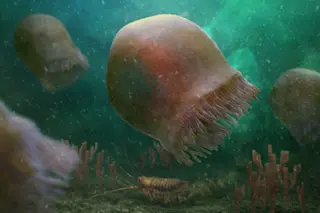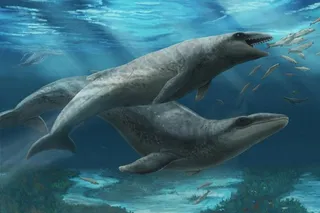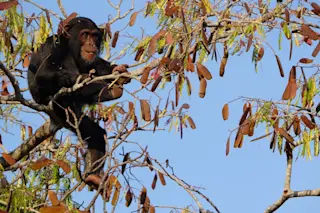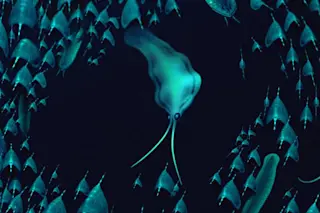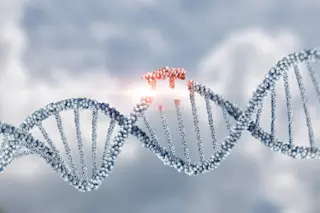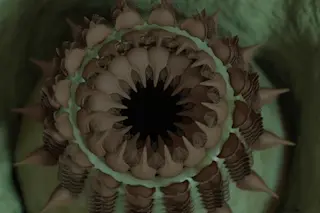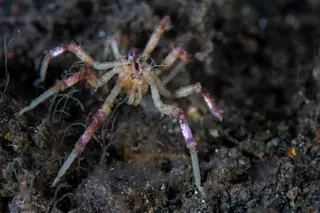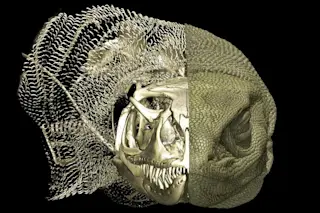Half a billion years ago, in the earliest days of animal life, there were few undersea predators. A strange shrimp-like creature that grew up to 6 feet in length and wielded twin claws served as top predator. Meanwhile, small chaetognath worms snapped at prey with a mouth that bristled with spines.
But these sparse ranks have just gotten a little less sparse.
A new fossil discovery has confirmed that a much more familiar predator, a type of jellyfish, also stalked the oceans more than 500 million years ago. The new species, Burgessomedusa phasmiformis, comes from the Royal Ontario Museum and fossils first discovered in the 1980s and '90s by Desmond Collins, the museum’s former director of invertebrate paleontology. Like many such finds revealing creatures from the early oceans, B. phasmiformis originated in the Burgess Shale deposit in the Canadian Rockies.
The jellyfish fossils are especially remarkable for having preserved delicate ...


